Is Raif Badawi for real or just another “Project”?
Last Updated on June 30, 2019 by Hamad Subani
 On 2nd August 2018, Canada’s Foreign Minister Chrystia Freeland made a tweet expressing concern about the arrest of Samar Badawi in Saudi Arabia. Samar is the sister of Raif Badawi, a supposed “human rights activist” in Saudi Arabia. On 3rd August 2018, the Foreign Policy Canada Twitter account followed up with a tweet expressing concern about the arrest of supposed “human rights activists” in Saudi Arabia. What followed was an unexpected deterioration of foreign relations, as Saudi Arabia took these tweets as confirmation that Canada was meddling in their internal affairs. In this post, we question Raif Badawi’s intellectual credentials. Is some of his work ghost-written by “committees” in Beirut and elsewhere?
On 2nd August 2018, Canada’s Foreign Minister Chrystia Freeland made a tweet expressing concern about the arrest of Samar Badawi in Saudi Arabia. Samar is the sister of Raif Badawi, a supposed “human rights activist” in Saudi Arabia. On 3rd August 2018, the Foreign Policy Canada Twitter account followed up with a tweet expressing concern about the arrest of supposed “human rights activists” in Saudi Arabia. What followed was an unexpected deterioration of foreign relations, as Saudi Arabia took these tweets as confirmation that Canada was meddling in their internal affairs. In this post, we question Raif Badawi’s intellectual credentials. Is some of his work ghost-written by “committees” in Beirut and elsewhere?
The Tweets that started the mess
Very alarmed to learn that Samar Badawi, Raif Badawi’s sister, has been imprisoned in Saudi Arabia. Canada stands together with the Badawi family in this difficult time, and we continue to strongly call for the release of both Raif and Samar Badawi.
— Chrystia Freeland (@cafreeland) August 2, 2018
Canada is gravely concerned about additional arrests of civil society and women’s rights activists in #SaudiArabia, including Samar Badawi. We urge the Saudi authorities to immediately release them and all other peaceful #humanrights activists.
— Foreign Policy CAN (@CanadaFP) August 3, 2018
A Closer Examination of Raif Badawi’s Book

Ahmed Danny Ramadan, a Syrian-Canadian gay refugee activist based in Vancouver, Canada, translated Raif Badawi’s articles into English for the book.
Mainstream media has gone into overdrive trying to portray Raif Badawi as an intellectual of some sorts. The basis of their claim is a book, 1000 Lashes Because I Say What I Think containing approximately 52 pages of articles penned by Raif so far. These are 15 articles which originally appeared in Arabic between 2010 and 2012. Only three websites published them. One was Al-Hewar al-Mutamaddin, which appears to be a Marxist-friendly website operating from Denmark. There is also a TV Channel called Al-Hiwar that operates out of London and was recently censored in several Arab countries. The other publisher was Al-Bilad, which is a newspaper published out of Ontario, Canada. The third publisher happens to be Al-Jazeera, which is the bastard of BBC and the State of Qatar. Without hesitation, all three publishers are clearly suspect. For the book, his articles were translated into English by Ahmed Danny Ramadan, a Syrian-Canadian gay refugee activist based in Vancouver, Canada.
Raif wrote some more articles, but it seems the others cannot be recovered. His Saudi wife Ensaf Haider, who has currently fled to Canada with their three children, assisted in salvaging these articles for the book. Ensaf Haider has been granted Canadian citizenship in 2018, which was rather fast for a refugee. This is what she posted on the first day of being granted citizenship:
It is for this reason that on the first day as a Canadian I have raised the issue of banning the Burqa and Niqab in Ontario as I feel Premier Ford is a man who will listen to my plea and end the war by deception being waged by Islamists against Canadian values.
Does that sound a bit coached?
So even before Raif’s book begins, we are stumbling across connections to foreign governments and prominent figures involved in pushing atheism, communism, feminism and homosexuality.
The book was published in 2015. It seems Canada was closely involved with rolling the book into print. Here is what the Canadian publisher Greystone Books has inserted in the book:
We gratefully acknowledge the financial support of the Canada Council for the Arts, the British Columbia Arts Council, the Province of British Columbia through the Book Publishing Tax Credit, and the Government of Canada through the Canada Book Fund for our publishing activities.
Guess who else was prominent in rolling out the book? Germany. It has already been translated in German, and we find a foreword by a certain Lawrence M. Krauss. And the book is edited by Constantin Schreiber. Here is how the book describes them:
Constantin Schreiber is a lawyer and journalist who has lived and worked for many years in the Middle East and is fluent in Arabic. He is currently a news anchor for the German network n-tv and a presenter in Arabic for the Egyptian channel ONTV in Cairo.
Lawrence M. Krauss is director of the Origins Project at Arizona State University and foundation professor in the School of Earth and Space Exploration and the Physics Department at ASU. He is a best-selling author of many books, including The Physics of Star Trek and A Universe from Nothing, and is a vocal advocate of the importance of science and reason as opposed to religion and superstition.

Lawrence M. Krauss is prominent in atheist circles.
Krauss sounds German but he aint. It appears he is Jewish. Here is what Wikipedia has to say about Krauss, who holds Canadian and American nationality (and looks like a certified spook)
Krauss has described himself as an antitheist and takes part in public debates on religion. Krauss is featured in the 2013 documentary The Unbelievers, in which he and Richard Dawkins travel across the globe speaking publicly about the importance of science and reason as opposed to religion and superstition. He has participated in many debates with religious apologists, including William Lane Craig.
The problem with Germany’s involvement is Germany is currently bff with the Mullahs of Iran, and does not seem to have any issue with freedom of speech and human rights violations in Iran. Here is what one recent visitor to Iran wrote:
Ferrari’s and Aston Martins abound. Luxury goods are everywhere – I know, I was there. Iran ships loads of oil to Germany and the place is swarming with Swiss exchange students, Chinese businessmen and Russian oil and gas people.
The middleman are the Swiss and German banks who supply Iran with liquid cash. The same banks that fund ISIS and Sunni militias are the same ones that fund the Shia militias and IRGC operations in Syria and Iraq.
So even before Raif’s book begins, we are stumbling across connections to foreign governments and prominent figures involved in pushing atheism, communism, feminism and homosexuality. Ominous.
The Book Itself
It is also puzzling as to why he chose to remain in Saudi Arabia rather than seek the “freedom” he so desires elsewhere. The ideas of the book are at times contradictory and the articles lack continuity with each other.
I have read the book, cover to cover. I failed to understand what makes it worthy of such praise, awards and global attention. Raif seems to have a very simplistic and romanticized understanding of how Western society works. It is also puzzling as to why he chose to remain in Saudi Arabia rather than seek the “freedom” he so desires elsewhere. The ideas of the book are at times contradictory and the articles lack continuity with each other.
Contradictory views about Islam
Raif’s position on Islam fluctuates from being respectful about it to openly calling for its removal. It looks like he can’t make his mind.
Raif does seem to have an understanding of how Islam works. He admits that he chanted Allahu Akbar while being administered the lashes (p. xxviii). He sometimes quotes from the Quran to drive his point home (p. 2). And he refers to the Prophet with respect (p. 5). But then he also comes across as very resentful of the authority of clerics in Saudi Arabia. He doesn’t seem to know that in secular and Communist societies, far more worse forms of authoritarianism have occurred, and what made secular authoritarianism worse was that there were no rules, religious or otherwise, to define their mandate or scope.
He also resents Saudi fascination with the Umayyad and Abbasid Caliphates, pointing out their imperfections (p. 4). As imperfect as they may be, these Caliphates constitute the contemporary history of Arabia, and should be studied and examined despite of their imperfections. In one place, he quotes (p. 33) a controversial 10th Century Sufi mystic named al-Niffari. Having asked for religion to be thrown out, why does he now endorse a Sufi mystic?
In another place, he expresses his desire for religion to be relegated to personal space, and that a liberal country can have no religion.
Raif simplistically equates the political status quo of Saudi Arabia with religion (p. 2). He thus assumes that abolishing religion from public life will abolish this status quo and solve all problems. While it is true that current Saudi rulers identify as religious, even if religion were completely expunged from Saudi public life, a new and far more powerful status quo would quickly fill the place of the existing one. And this one would likely morph into an Orwellian nightmare because it would lack the mandate and the checks and balances that religion provides. Oddly enough, Raif stresses the importance of celebrating National Day in Saudi Arabia, and expresses his anger at religious critics who question it (p. 35). So it seems he still identifies with Saudi Nationalism, but not Religion. But since the two go together, isn’t this a contradiction? In another place, he expresses his desire for religion to be relegated to personal space, and that a liberal country can have no religion (p. 45).
Raif is opposed to the Israeli occupation, but sees an opponent in Hamas, which he deems too religious. He even claimed he would personally fight them if they built a religious state (p. 15). I only suspect this is a statement of false bravado. It is difficult to picture Raif physically fighting anyone. And it is difficult to picture the Palestinians acquiring a free state.
To quote Raif,
Any religion-based state has a mission to limit the minds of its people, to fight the developments of history and logic, and to dumb down its citizens (p.16).
This of course depends on what religion is being implemented and who is implementing it. It may ring true in the case of Catholic Spain or modern-day Iran. But in the case of Iran, it was the lack of a genuine understanding of religion that allowed questionable people to seize power. Raif’s assertion fails when we realize that USA, considered to be a beacon of industrial advancement, began as a religious state founded by the rather fanatic Pilgrims and Quackers. It reached phenomenal standards of living in the 70s only because property rights were sanctified from government encroachment, and these property rights were in turn derived from religion. Industrial Japan seems to have transposed religious devotion onto industry. On the other hand, the Soviet Union, which outlawed religion, has been happily forgotten by its own citizens.
To quote Raif again,
What we need the most in our Arab and Islamic societies is to realize the importance of the individual and the value of individualism. We need to appreciate the person, value their freedoms, and respect their intelligence (p.16).
Can Raif explain how Islam is a barrier here? In my personal experience, the biggest barriers to individualism in the Arab world are racism and regionalism, which tend to grow even wilder in the absence of Islam.
In another article, he questions certain marriage contracts of dubious religious legitimacy (p. 24). His criticism is indeed valid. But these contracts are nothing more than contracts between two parties. I don’t understand what makes them “religious.” In fact, they don’t seem to have religious backing at all.
Liberalism, Liberalism, Liberalism…….
Raif is also very resentful that liberalism is looked down upon in Saudi society as a degradation (p. 2). Here is how he defines liberalism:
Liberalism is subject to the judgment of the majority in the free societies, where all different ways of thinking are equal. Every intellectual has the right to promote and discuss his own philosophy. This gives the people the right to pick what they like from these views and methods (p. 39).
Hasn’t Saudi Arabia played a comparatively benevolent historical role than many so-called enlightened societies of Europe, who inflicted the worst forms of colonial conquest on the rest of the world?
Why can’t he accept that most Saudi people have made a conscious choice to follow Islam? Isn’t that a contradiction of his liberalism? Why does he feel they have get rid of Islam to respect his values instead? He believes that “liberalism” is the sole ingredient of the coming “enlightenment” of the Saudi people (p. xxv). Both these terms are fairly simplistic and cliché. Following his logic, Saudi Arabia has to rid itself of clerical authority and go secular to fulfill Raif’s condition of “enlightenment.” And Hasn’t Saudi Arabia played a far more benevolent historical role than many so-called enlightened societies of Europe, who inflicted the worst forms of colonial conquest on the rest of the world?
He claims that he first came across the phrase “Secularism is the Solution” in the form of graffiti scrawled on the wall of a prison bathroom (p. xxvi). This can’t be good. He goes on to distinguish liberalism as follows:
We should all acknowledge our respect for the traditions and personal behaviors of others, as long as they don’t cross the line for others and invade their personal space. It’s a natural human right to say what you want and do what you want, as long as this freedom is ruled by laws: your freedom ends on the outskirts of the freedom of others (p.40)
But doesn’t Islam also guarantee the rights of non-Muslims, as evidenced by the huge number of non-Muslims who prefer to live and die in Saudi Arabia rather than return to their home countries? He goes on to describe Liberalism,
The human race is mature enough and capable of making its own decisions and deciding its own future without an external guardianship (p.42).
He gets it wrong here. There is always external guardianship. In the case of liberalism, it is hidden. It is delegated to Secret Societies such as Freemasonry which operate ruthlessly in the background. And nobody gets to point fingers at them because their existence is never acknowledged or publicized. Take the case of these occult symbols from the French Revolution which Raif so admires.

The snake, the pyramid, the eye, and a Masonic handshake. No explanation needed.

Note the bundle of sticks at the bottom. Its called Fascis, the parent word of Fascism.

Has anyone even bothered to check what they mean by “Fraternity” and why we should consider it a noble value? Answer: That is supposed to be an open reference to Freemasonry, which gets all the more powerful in the event of a revolution.
Feminism
The rather untalented committees sitting in Beirut find it easier to churn out propaganda novels rather than propaganda poetry, which at least requires some level of intellect.
Raif explains that subversive literature is moving from poetry to novels. But why? Because the Committee in Beirut lacks the talent to produce Arabic poetry, that’s why. Raif expresses his support for gender equality in the workplace, and claims that denying women the right to work will push them into prostitution (p. 38). Whereas in reality, the workplace makes women more vulnerable to prostitution. Many jobs reserved exclusively for women can be called soft prostitution. In another article (p.46), he brings Islamic references to support gender mixing (versus gender segregation). In yet another article, Raif heaps praise on an obvious piece of feminist propaganda. This is a novel called The Queen of Kingdom Come, published by the Arabian Institute for Studies and Publications at the end of 2006, by Syrian poet al-Muthanna al-Sheikh Attieh. It could have been written by a committee. How do I know? The lead character is named Hannibal al-Abad, a pre-Islamic Phoenician name, and it is being published from Beirut, an ancient spook nest that even surpasses Israel when it comes to spookery. We also learn that novel writing is slowly replacing poetry in Arab literature (p.28). And why is that? Because the rather untalented committees sitting in Beirut find it easier to churn out propaganda novels rather than propaganda poetry, which at least requires some level of intellect.

Committees in the city of Beirut ghost-write subversive Arabic language propaganda designed specifically for targeted Arab countries.
Atheism, Islamophobia and Beirut-based Publishing Companies
It seems Raif cherry picks people who stand out as anti-Islamic and athiestic. I am sure that Saudi Arabia has many more talented poets, novelists and intellectuals who have not been accused of undermining Islam.
Raif supports Hamza Kashgari, a Saudi supporter of the Arab Spring (p. 5) who was accused of blasphemy as well Turki al-Hamad, a Saudi novelist who was accused of apostasy (p. 6). It seems Raif cherry picks people who stand out as anti-Islamic and athiestic. I am sure that Saudi Arabia has many more talented poets, novelists and intellectuals who have not been accused of undermining Islam. Did Raif even bother to read the novels of Turki al-Hamad? Neither did I. And I won’t. Because a review by Lebanon based Daily Star clearly hints that Hamad was being given undue publicity. To quote,
Hamad’s writing, on the other hand, is remarkably – almost unforgivably – limp and lifeless. On page after page of prose, he violates the age-old dictum of “show, don’t tell,” offering full passages of explanation. No gesture is left unanalyzed. No action is left to stand on its own. Emotions are simply told, never felt or embodied. There are few suggestions lingering between the lines. Sure, there is a bit of heavy petting and vaguely stated anti-regime, pro-Marxist sympathies. But is this all there is to make Hamad’s literary work “explosive”?

If Western societies are indeed truly “liberal,” why did they produce the worst forms of colonialism in history?
In another article, Raif goes on to revere Abdullah al-Qasemi (p.17), a Saudi Salafist turned atheist. Another article is devoted to pushing books published by the Rational Arab Association, in particular those by Moroccan author Saeed Nasheed. As you may have guessed, these books are published in collaboration with Al-Taliyah Publishing House in the spook nest of Beirut. Here is what Raif has to say about Nasheed’s ideas
Nasheed is betting on the wills and minds of the Arab elite and youth, in hopes of forming an Arabian secular example that is brand-new and unlike any Western ideals. He wants that ideal to be a legitimate son coming from within his own nation. Nasheed uses bygone examples from those who built nations and made history on their own. He speaks about their struggles for a structure without ready-made examples. French revolutionaries, for example, weren’t searching for an example to emulate in their revolution. If they did, they wouldn’t have been able to create the great French republican example. Other examples are the founding fathers of the United States and the Russian Bolsheviks (p. 49-50).
Here, Raif is contradicting himself again. He earlier went to great lengths about the superiority of secular Western liberal societies. But it looks like the spooks have run into a problem. Saudis are not falling for such claims because these so called model liberal societies of the West are busy inflicting war, colonization, plunder, depleted uranium, bombings and mayhem on the Arab World. So how can they be used as a valid example? The solution Nasheed proposes is that Saudis pursue Secularism, and then the spooks they will shape it into a very distinct Saudi flavour of liberalism which will make both parties happy. It is more likely that the spooks will institute a variant of Communism.
Taking ownership of 9/11 on behalf all Saudis

Raif sees nothing funny in this collapse of WTC 7 on 9/11.
Rather simplistically, Raif is infused with the guilt prescribed by mainstream Western media, for Saudi Arabia’s supposed involvement in 9/11 (p.11), because the supposed hijackers were from Saudi Arabia. Was Saudi Arabia also responsible for NORAD standing down? Was Saudi Arabia also responsible for the bizarre phenomenon of heated jet fuel melting the steel beams of the towers? Was Saudi Arabia also responsible for the collapse of Tower 7? (a third building most people are ignorant about). Was Saudi Arabia also responsible for the Bin Laden family’s numerous connections to Western Intelligence Agencies? If Raif was a genuine intellectual who really cared about his country, he would have been asking these questions.
Raif opposed the building of a mosque and Islamic cultural center in the vicinity of the Twin Towers (p. 11) even though back then there were many sympathetic voices in USA. Eventually the mosque was never allowed because The Powers That Be wanted 9/11 to be remembered as a day of rage. And the rage was meant to be recycled for many more wars to come. They did not want people strolling from the 9/11 memorial down to the Islamic cultural center to broaden their understanding of Islam. Raif is either being an apologetic or there is something else going on here.
Cheering the Arab Spring
As we are aware, the so-called Arab Spring saw the Muslim Brotherhood installed in Egypt, the very people Raif wants to liberate us from.
In another article, Raif praises the revolutionaries at Tahrir Square (p. 19). We don’t seem to get any further feedback from him on the progress of the Arab Spring. As we are aware, the so-called Arab Spring saw the Muslim Brotherhood installed in Egypt, the very people Raif wants to liberate us from. While Raif is right about the errors of the Hosni Mubarak government, he fails to mention that it is the corruption of everyday Egyptians that allows such abuses of power. It is more prudent for them to change their ways rather than stage a revolution that would open the door to foreign players. In another article (p. 26), he heaps praises on prominent Syrian opposition leader Riad al-Turk. Riad al-Turk was the secretary general of the Syrian Communist Party (Political Bureau) since its foundation in 1973 until 2005. In 2005, this organization would rename itself to Syrian Democratic People’s Party to hide its roots and it would play an important role in the Syrian Arab Spring. Raif naively credits such actors with the Syrian Arab Spring, whereas in reality, the government of Bashar al-Assad was fully complacent in allowing it to happen. As I have mentioned elsewhere, the Syrian Government is sacrificing Syria for Greater Iran/Greater Israel.
So what was Raif Badawi arrested for?
On page x of the book, Lawrence Krausss claims that Raif was sentenced to death for making sarcastic statements against a television preacher who condemned astronomers. This satire piece is published in full in the book. In the book itself, Raif is quoted as saying:
Yes. I was accused of apostasy (the conscious abandonment of Islam) and sentenced to death. The sentence was then reduced to ten years of imprisonment as well as one thousand lashes. I was also required to pay a million Saudi riyals in financial punishment (p. xxviii).
Both these statements are deliberate misdirection, and confirm my earlier suspicion that the articles that comprise the book were too mundane to even attract the wrath of the Saudi authorities. Here is what Ian Black of the Guardian has to say instead:
Raif Badawi was sentenced to 10 years in prison and 1,000 lashes for setting up a website that championed free speech in the autocratic kingdom. His blog, the Saudi Free Liberals Forum, was shut down after his arrest in 2012.
Here is what the Washington Post has to say:
Raif Badawi, a blogger who founded a website called Free Saudi Liberals, where he challenged the religious establishment, promoted women’s rights and called for a more tolerant society. He was arrested and sentenced in May 2014, to 10 years in prison, 1,000 lashes, and a 10-year travel and media ban following release.
Why are both Lawrence Krauss and Raif Badawi avoiding any mention of this website in the book, and are instead falsely implying that it was his pseudo-intellectual writing pieces that got him in trouble?
So why are both Lawrence Krauss and Raif Badawi avoiding any mention of this website in the book, and are instead falsely implying that it was his pseudo-intellectual writing pieces that got him in trouble? Because they don’t want you to see the website and it’s Facebook Page, which is full of disgusting, juvenile, hateful,Westernized Islamophobia.
Here is some sample content from the website. This is the equivalent of stating that Judges and Police Officers in Canadian societies should be dragged out in chains.
Saudi Arabian Clerics should not be sheltered from the laws of men.
In a Free society. It is time to wake up!
If an Islamic Cleric suggests that Sharia Law be imposed.
The Islamic Cleric just suggested the overthrow of LAW!
If an Islamic Cleric suggests a FATWA!
The Islamic Cleric just issued a death threat!The above must be treated as a crime.
The Cleric should be drug out in chains in front of his followers.
This example must be taken to establish the rule of Law over the Cleric in a FREE SOCIETY.
Women beat in public. Women beheaded in public. Peoples hands cut off. Peoples feet cut off. Legally attack the cartoonists at Charlie Hebdo in France. Sent 13 of 15 attackers on 911 that killed 3,000 Americans. SHARIA LAW CLERICS, Saudi Arabia. Free Raif Badawi!In 1998 Turkey banned an entire political party because they insisted upon setting up Sharia Law. The courts determined that Sharia Law can never exist within a Democracy of free people.If you are, or convert to Muslim. Then decide you are not going to stay in the religion. They execute you.
Check out the screenshots below. None of this is the work of an intellectual.
A Theory about Raif Badawi
From the previous section, it is clear that the Raif Badawi of the Website cum Facebook Page and the Raif Badawi of the book are two different people. Which one is the real Raif Badawi?
The following is a tentative theory about what’s going on. I don’t have a crystal ball, but some connections are getting fairly obvious.
From the previous section, it is clear that the Raif Badawi of the Website cum Facebook Page and the Raif Badawi of the book are two different people. Which one is the real Raif Badawi?
Further, if we look at the stuff that was being posted and reposted on the Facebook page, it appears that this was the work of some Committee in Beirut and Virginia rather than Raif Badawi. The Facebook page strays into a bizarre variety of topics that have little relevance to Saudi Arabia, such as Gay Rights and Holocaust Remembrance. And the Facebook page directly insults the Prophet of Islam, which indicates a minimal understanding of Saudi laws and Saudi society. Would the articulate Raif Badawi, who in the book, sometimes quotes from the Quran to support his arguments make fun of the Prophet of Islam, which was clearly against the laws of Saudi Arabia? The Facebook page appears to be the work of a foreign committee, too lazy to fully understand Saudi Arabian society, and they repost work from other Intel projects across the world.
Now what if we are to assume that like the Website/Facebook Page, the book articles too, are the work of another Committee in Beirut? There is a certain lack of coherence in the articles, and way too many contradictions. For example,
- There are absolutely no references to Raif’s immediate local surroundings, or to his own personal life in his articles (with the exception of the introduction and a few lines in a later chapter). Very odd.
- Almost each of his articles drops the name of a recent liberal/Communist/Secular Arab thinker, or a book and its publishing house (usually in Beirut). What if The Powers That Be were using these articles to direct Saudi readers to look up these fake thinkers and their books, which are otherwise being ignored in Saudi Arabia?
- The fake thinkers and the books which Raif refers to are always those of proto-atheists, following a very boring Western line of thinking. Why wouldn’t he instead refer to pre-Islamic poets, who were far more colorful and sophisticated in their use of language, and yet never denied the existence of God (or gods)? Maybe because such poetry, despite being pre-Islamic, does little to support atheism (pre-Islamic Arabs were still theists).
- Some of the works of pretend thinkers which Raif refers to are novels rather than poetry. Raif explains that we are moving from poetry to novels. But why? Because the Committee in Beirut lacks the talent to produce Arabic poetry, that’s why.
- He celebrates the Tahrir Square event but is mum about the rise of the Muslim Brotherhood, which emanated from that incident.
- He presents himself as Liberal/Secular but one website which published some of his articles, Al-Hewar al-Mutamaddin is clearly Marxist.
- He presents himself as Liberal/Secular but another website which published some of his articles is Al Jazeera, which is supportive of Iran, Qatar and the Muslim Brotherhood.
- In some articles, he quotes from the Quran, treats the Prophet’s name with respect and claims to have chanted Allahu Akbar while being flogged, yet in other articles he wants clerical authority completely removed from public life, and wants to dissuade the Saudis against romanticizing the Caliphs. At another point he quotes a Sufi.
- In his last article, he gives up on the Western model of liberalism because his readers aren’t buying the fact that Western societies are indeed liberal, especially in their foreign policies. He instead suggests a halfway point. First lets bring down religion by instituting secularism and then we will do the rest in our own original Arab way and nobody will thus accuse us of being copycats.
The articles were never meant to be a single book. Each article was probably written by a different author, and a rather sloppy continuity with previous articles was maintained. The book was hurriedly put together when Raif got arrested because he had to be globally sold as an intellectual.
The question is, why would the Committee in Beirut writing this insert so many contradictions? The answer is that these contradictions are only visible when we view the articles as a single book. The articles were never meant to be a single book. Each article was probably written by a different author, and a rather sloppy continuity with previous articles was maintained. The book was hurriedly put together when Raif got arrested because he had to be globally sold as an intellectual.
Raif is from Khobar, Eastern Saudi Arabia. His mother died when he was young. If the statements of his sister Samar Badawi are to be believed, he grew up in a household full of domestic violence. And it seems his guardian(s) is one of those opportunists who play with local laws to suit their needs. Needless to say, both children transferred their resentment of their guardian(s) to Islam. Normally, this would have been a temporary phase, and we would have probably never heard about either of them had they moved on to a better environment. But Saudi Arabia is currently humming with all sorts of foreign-backed, secular underground movements targeting millennials. And it seems Raif Badawi got suckered into one such underground movement. It seems he really believed that a Tahrir Square was opening up in Riyadh, where he would get to bring down the clerics. Given his tendency of derring-do, the Powers That Be immediately realized his potential as a useful idiot.
The Powers That Be are currently churning out Arabic language secular, feminist and anti-Islamic propaganda on a full-time basis out of places like Beirut and Virginia. The only problem is that the Saudi citizenry is too proud to even look at this this crap because they see themselves as Uber-Arabs. Selling it to Saudis would require actual Saudis in flesh and blood, peddling it among their citizenry, as Saudis tend to be suspicious of outsiders. But what if they could get Saudis to not just peddle the crap but attribute it to themselves? In exchange for the risk undertaken, ego boosters like awards/media recognition/Western citizenships are provided, and maybe political office in post-revolution Arabia is promised.
Did Raif fall for such an offer? Just look at all the accolades he has accumulated so fast, like Mario on steroids.

Awards
Henry Zumach Freedom From Religion Foundation Fundamentalism Award 2018.
Daniel Pearl Award 2018, by Los Angeles Press Club.
Montreal Press Club Freedom Award 2018.
Liberty Victoria “Empty Chair” award 2016.
Deschner Prize 2016, by the Giordano Bruno Foundation , shared with Ensaf Haidar
Salam Prize for Peace (Frankfurt) 2016.
Liberal International Prize for Freedom 2016.
Prix Voltaire 2016, from IPA Freedom to Publish committee.
Sakharov Prize 2015, from the European Parliament, for the defence of freedom of thought and human rights
Swiss Freethinker Prize 2015, shared with Ensaf Haidar and Waleed Abulkhair
Sir Karl Popper Prize 2015, from the Österreichischer Freidenkerbund
PEN Pinter Prize 2015, shared with British poet and literary critic James Fenton
Strasbourg Award Medal of Honor 2015
Franco-German Journalism Prize 2015
Thomas Dehler medal, from the Free Democratic Party, Germany
Press Freedom Prize 2015, from Reporters Without Borders, Sweden
Freedom of Speech Award 2015, from Deutsche Welle
Courage Award 2015, from the Geneva Summit for Human Rights and Democracy
Aikenhead Award 2015, from the Scottish Secular Society
One Humanity Award 2014, from PEN Canada
Netizen Prize 2014, from Reporters without Borders.
Honorifics
Honorary Doctorate, from Université de Sherbrooke
Honorary citizenship Montreal
Université de Sherbrooke university honored him by giving the master’s program in law and int’l politics 2017-18 “DIPIA” his name.
One of the Leading Global Thinkers of 2015, By Foreign Policy.
One Of The Boss List 2015, By AskMen.
Honorary citizenship, Sherbrooke, Quebec
Honorary Title for Freedom of Expression, bestowed by Brussels University Alliance (VUB and ULB), 2015.
Honorary membership, PEN Canada.
Honorary membership, PEN Denmark.
Honorary membership, PEN Germany.
Man Of The Year 2015, By The Fifth Column.
Nominations
Nobel Peace Prize, 2015
Nobel Peace Prize, 2016
2014 Freedom Award, from Spain’s Individual Freedom Party (P-LIB)
Freedom to Publish Prize 2014, from the International Publishers Association.
Looking at things from this angle puts an interesting perspective on Canada’s panicked reaction.
Looking at things from this angle puts an interesting perspective on Canada’s panicked reaction. The shutting down of Raif Badawi was the equivalent of a major investment being written off for spooks in Canada. And they shut him down before he could obtain Canadian citizenship, which is going to be hard on him. It also may explain why he chose to remain in Saudi Arabia rather than pursue his dreams. If he moved abroad prematurely, he would no longer be seen as a legitimate intellectual by fellow Saudis.
What Canada can do to Improve Human Rights (But won’t do)
Obviously, this needs a separate article. And here it is.


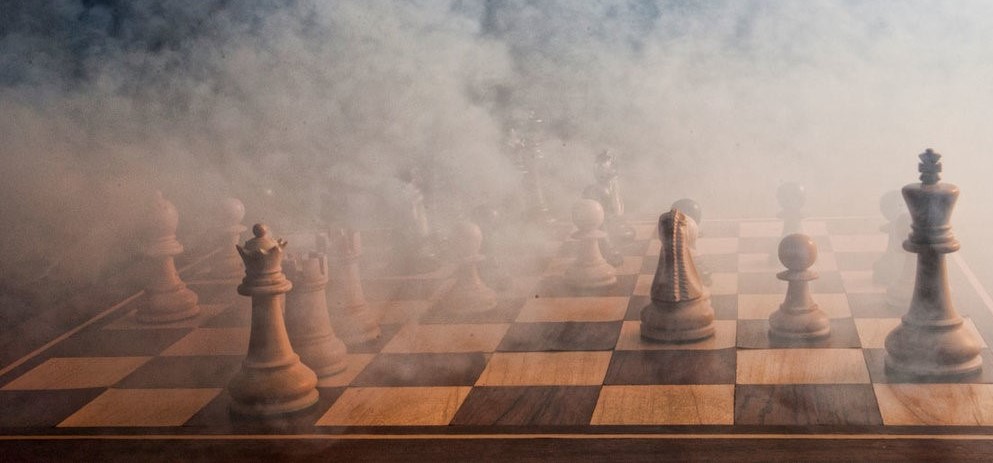


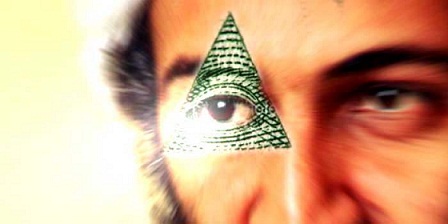
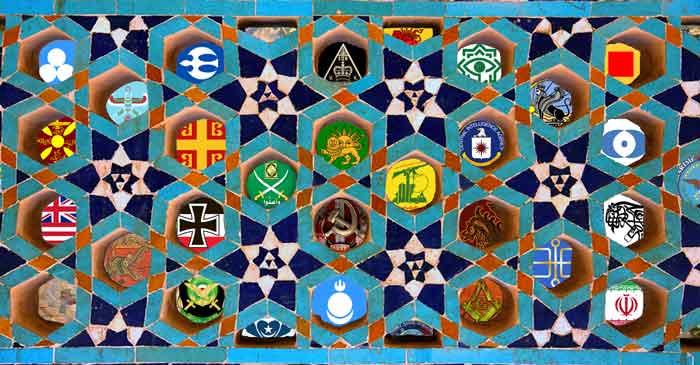
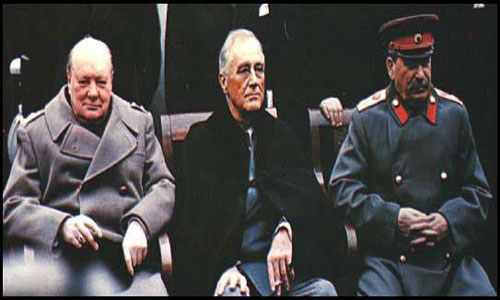

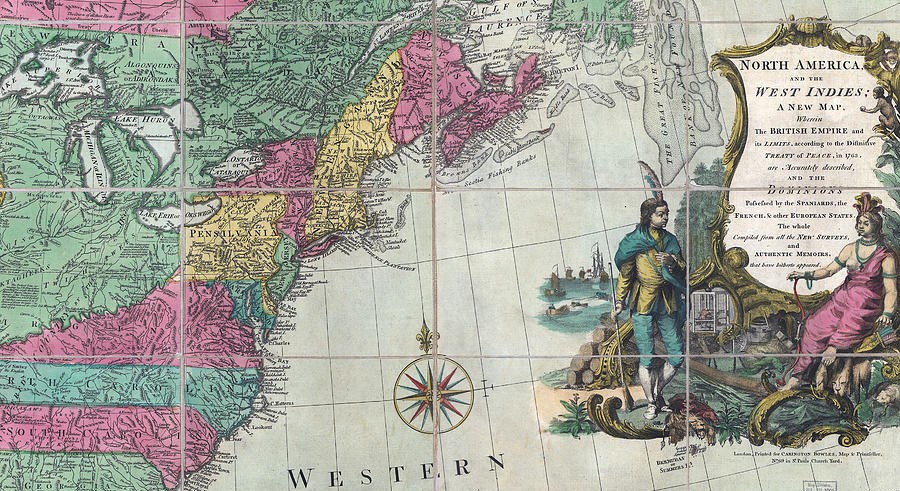
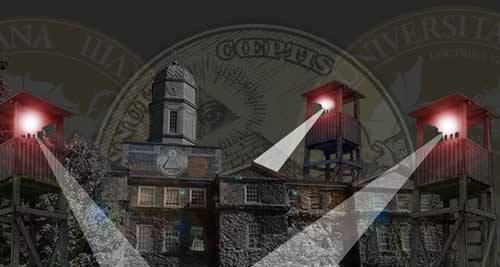
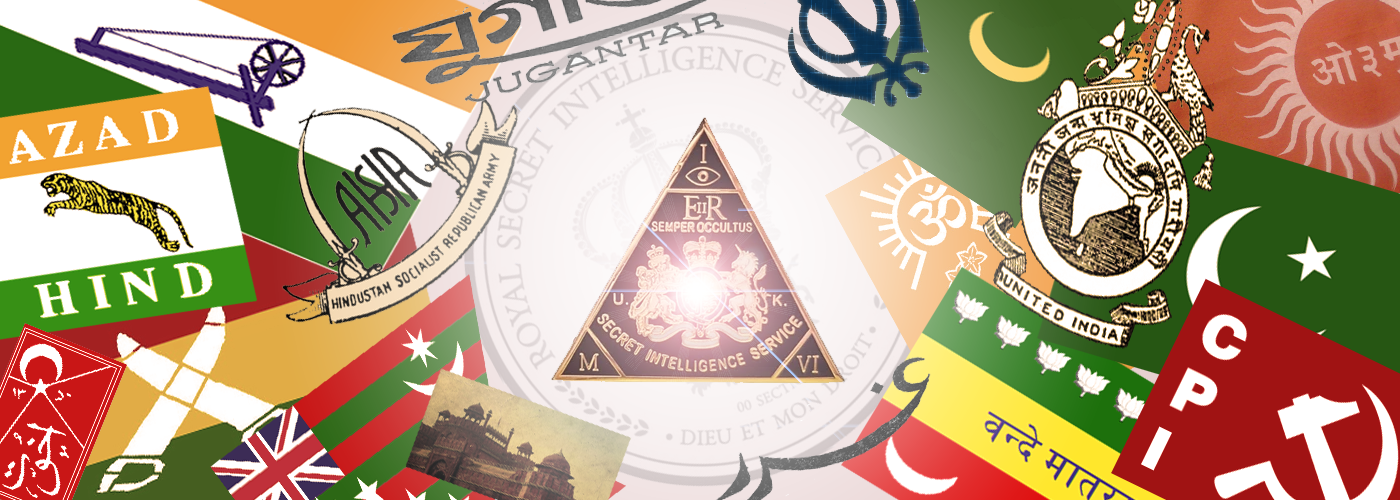
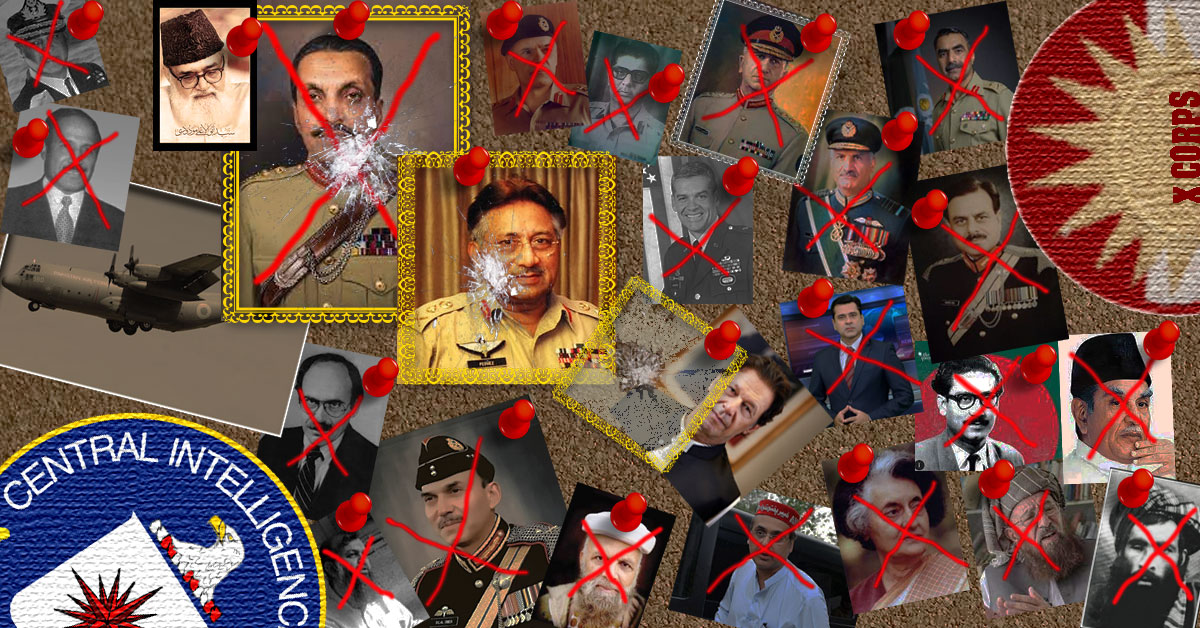
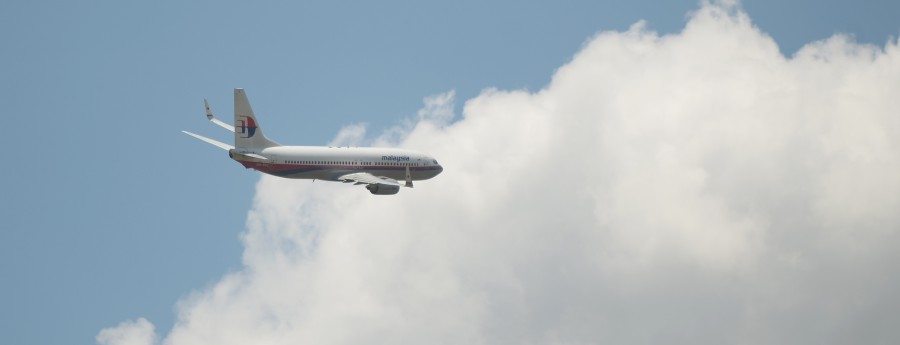
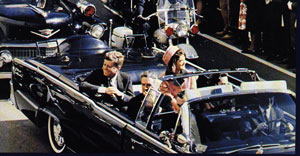

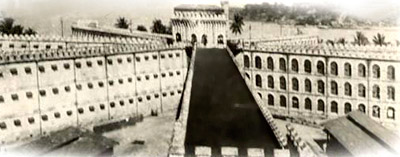

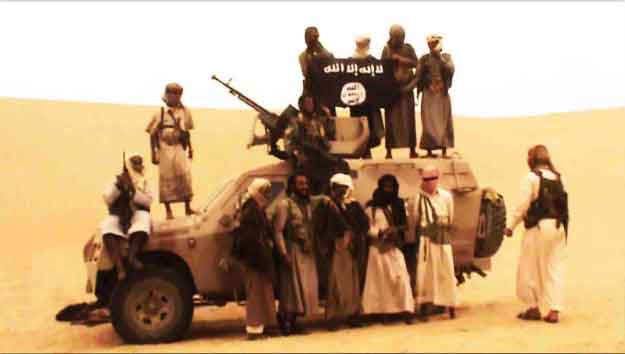
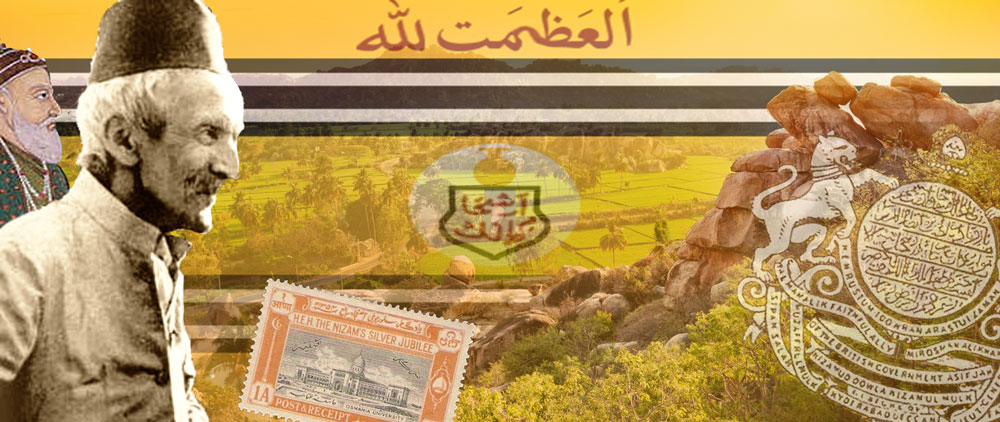





















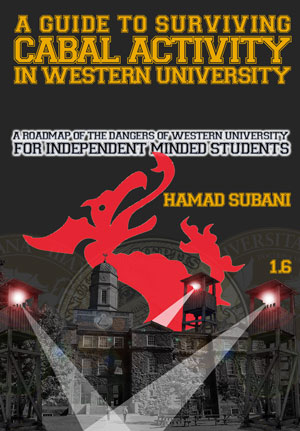
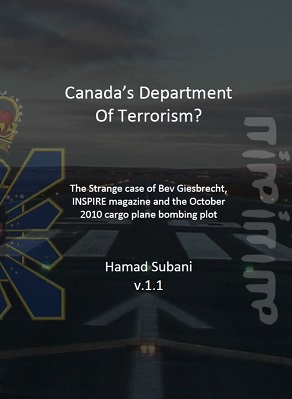
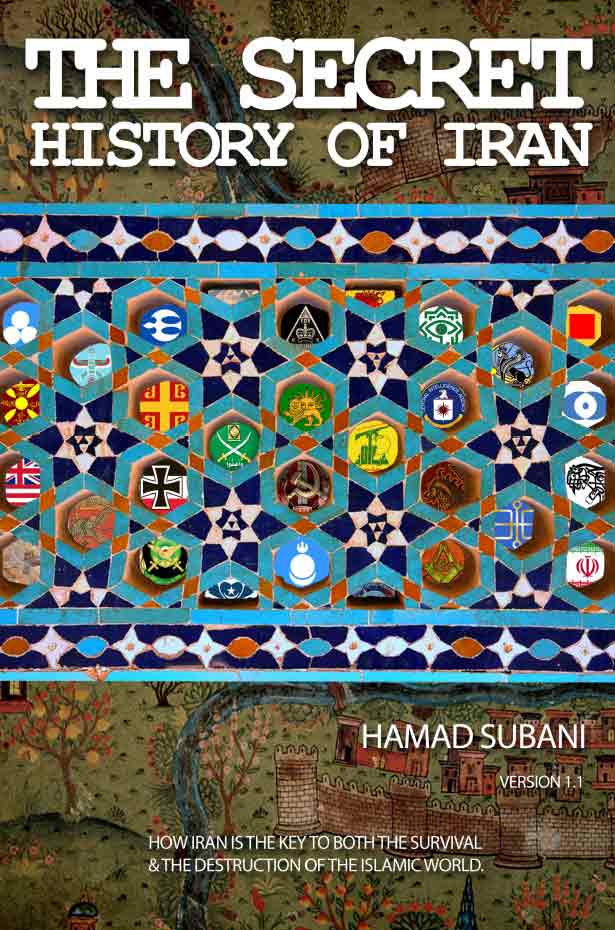
“Why can’t he accept that most Saudi people have made a conscious choice to follow Islam? Isn’t that a contradiction of his liberalism? ”
I could not keep reading after this statement. He received the death penalty simply for stating he should be allowed to choose otherwise.
He did not receive the death penalty. He was sentenced to 1000 lashes (the title of his book) and he has received 50 so far.
Very interesting, although I am somewhat concerned you don’t consider Saudi crimes in Yemen to be imperialistic. (I can understand you perhaps consider them the lesser of evils fighting in the region but still, the death tolls against civilian populations are just disgusting)